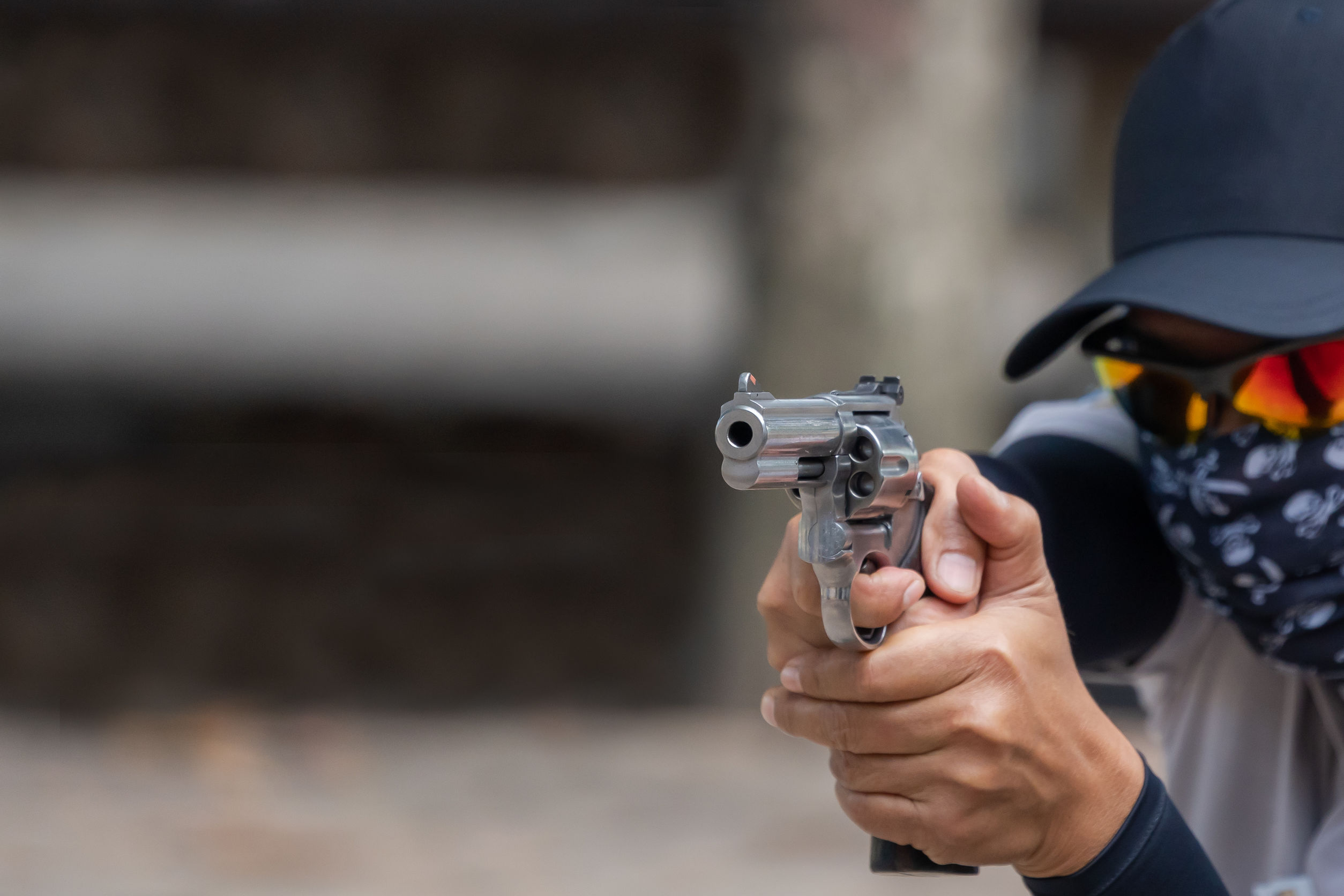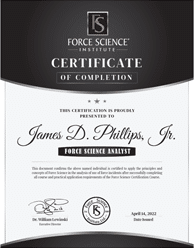Florida’s Red Flag Law
Laws that allow individuals or law enforcement agencies to petition a court to have a person’s right to bear arms stripped from them are commonly referred to as “Red Flag” laws. These laws have been heavily criticized due to their ability to take away a person’s Second Amendment right to possess firearms without the targeted person knowing until law enforcement is knocking at their door to seize their firearms. Opponents of Red Flag laws argue that not only do these laws violate the Second Amendment to the United States Constitution but also run afoul of the Due Process Clause of the Fourteenth Amendment. Although there has been a push to have Red Flag laws at a national level, currently it is left to the discretion of the states whether to enact them. Although Florida is widely considered a “gun-friendly” state, Red Flag laws have invaded the Sunshine State.
Florida Enacts Red Flag Law in the form of Risk Protection Orders
Florida enacted Red Flag laws shortly after the tragic shooting at Margery Stoneman Douglas High School on February 14, 2018. Florida’s version of Red Flag Laws can be found in Florida Statute § 790.401, titled Risk Protection Orders (RPO). Currently, only a law enforcement officer can seek an RPO against someone who he or she believes is a danger to themselves or others by possessing firearms or ammunition.
Procedures for Petitioning for a Risk Protection Order
The process for obtaining an RPO begins with a law enforcement officer, the petitioner, filing a petition in the circuit court of the county in which the law enforcement agency is located or in the county in which the target of the RPO, the respondent, resides. The petition must “Allege that the respondent poses a significant danger of causing personal injury to himself or herself or others by having a firearm or any ammunition in his or her custody or control or by purchasing, possessing, or receiving a firearm or any ammunition, and must be accompanied by an affidavit made under oath stating the specific statements, actions, or facts that give rise to a reasonable fear of significant dangerous acts by the respondent.” § 790.401(1)(e)(1), Fla. Stat. The petition must be accompanied by an affidavit from the law enforcement officer attesting to the specific statement, actions, or facts that lead him or her to believe the respondent poses the significant danger. The petition must also identify the quantities, types, and locations of all firearms and ammunition believed to be in the respondent’s possession. Finally, the petition must inform the court if the respondent is currently under an existing protective order (e.g., Injunction for Protection Against Domestic Violence). Once the petition is filed, the court must issue an order setting a hearing no later than 14 days from that order.
Temporary Ex Parte Risk Protection Order
The petitioner may seek a Temporary Ex Parte Risk Protection Order (TRPO) in his or her initial petition, without notice to the respondent. § 790.401(4), Fla. Stat. This means the respondent does not even get the opportunity to object to the TRPO or present evidence as to why one should not be issued. If a TRPO is requested the court must conduct an in-person or telephonic hearing no later than the next business day after the petition has been filed. This hearing is done outside of the presence of the respondent and without his or her knowledge of it. If the court determines at that ex parte hearing there is reasonable cause to believe that the respondent poses a significant danger of causing personal injury to themselves or others in the near future by having in their custody or control, or by purchasing, possessing, or receiving, a firearm or ammunition, the court must issue a TRPO. The TRPO is served on the respondent at the same time as the petition for the RPO and notice setting the hearing on the RPO. This TRPO will remain in effect until the final hearing on the RPO petition. It is usually only when the respondent is served with the petition and TRPO does he or she find out about it. To make it worst, the respondent’s firearms and ammunition are seized at the time of service, unless there is someone who can take possession of all the respondent’s firearms and ammunition
Risk Protection Order Hearing
The RPO hearing must be held within 14 days of the order setting a hearing. Most of the time the respondent is not given 14 days to prepare for the hearing. This is due to the time it takes for the respondent to be served with the petition. Although the RPO hearing is to determine if your right to possess firearms and ammunition should be taken away, the respondent is not entitled to an attorney at the hearing. This means the court does not have to provide a respondent with a court-appointed attorney as it does in criminal matters involving indigent defendants. This is because RPOs fall under the umbrella of civil law. This all too often results in the respondent having to represent themselves in the hearing against the petitioner’s attorney who is either an attorney for the law enforcement agency who filed the petition or a county attorney. This causes obvious discrimination against indigent respondents who are not able to afford an attorney to protect their rights. Many times, the intimidation of having to represent oneself against a licensed attorney in the hearing causes the respondent to agree to the entry of a final RPO. Furthermore, unlike traditional jurisprudence where the petitioner who is making the allegations must prove those allegations against the respondent, it is the respondent who carries the formidable burden of disproving the allegations giving rise to the petition by a high standard of “clear and convincing evidence.” To simply put it, it is completely up to the respondent to show by clear and convincing evidence that he or she does not pose a significant danger to themselves or others by possessing firearms or ammunition.
If the respondent fails to meet their burden, then the court will enter a final RPO for a period not to exceed 12 months. However, the petitioner can petition the court for the final RPO to be extended an additional 12 months prior to the expiration of the final RPO.
If a final RPO is entered against the respondent, the respondent may request a hearing to vacate the RPO once. This request must be in writing and served on the petitioner. A hearing must occur no sooner than 14 days and no later than 30 days after the date of service. Once again at this hearing to vacate the RPO, the respondent will once again carry the burden of proving he or she is no longer a danger to themselves or others by clear and convincing evidence.
Considerations Made by the Court in a RPO Hearing
The Risk Protection Order statute provides the court with guidance in determining whether a RPO should be granted. The court may consider any relevant evidence listed below but may consider other factors not listed in subsection (3)(c) of Florida Statute 790.401.
- A recent act or threat of violence by the respondent against himself or herself or others, whether or not such violence or threat of violence involves a firearm.
- An act or threat of violence by the respondent within the past 12 months, including, but not limited to, acts or threats of violence by the respondent against himself or herself or others.
- Evidence of the respondent being seriously mentally ill or having recurring mental health issues.
- A violation by the respondent of a risk protection order or a no contact order issued under s. 741.30, s. 784.046, or s. 784.0485.
- A previous or existing risk protection order issued against the respondent.
- A violation of a previous or existing risk protection order issued against the respondent.
- Whether the respondent, in this state or any other state, has been convicted of, had adjudication withheld on, or pled nolo contendere to a crime that constitutes domestic violence as defined in s. 741.28.
- Whether the respondent has used, or has threatened to use, against himself or herself or others any weapons.
- The unlawful or reckless use, display, or brandishing of a firearm by the respondent.
- The recurring use of, or threat to use, physical force by the respondent against another person or the respondent stalking another person.
- Whether the respondent, in this state or any other state, has been arrested for, convicted of, had adjudication withheld on, or pled nolo contendere to a crime involving violence or a threat of violence.
- Corroborated evidence of the abuse of controlled substances or alcohol by the respondent.
- Evidence of recent acquisition of firearms or ammunition by the respondent.
- Any relevant information from family and household members concerning the respondent.
- Witness testimony, taken while the witness is under oath, relating to the matter before the court.
Conclusion
It appears that the Sunshine State will continue to be plagued by Red Flag laws. Although there have been several bills seeking to repeal Florida Statute § 790.401 introduced in the legislature since it was enacted in 2018, none have been successful. It is crucial to understand that if you are served with an RPO/TRPO that you cooperate with the law enforcement agency serving it. Your time to contest the RPO/TRPO is at the hearing not at the time of service. An RPO is an attack on your rights to possess firearms and ammunition, so proceed accordingly!
More results...
Get in touch

"*" indicates required fields
Copyright © 2022-2025 The Firearm Firm All rights reserved.
















